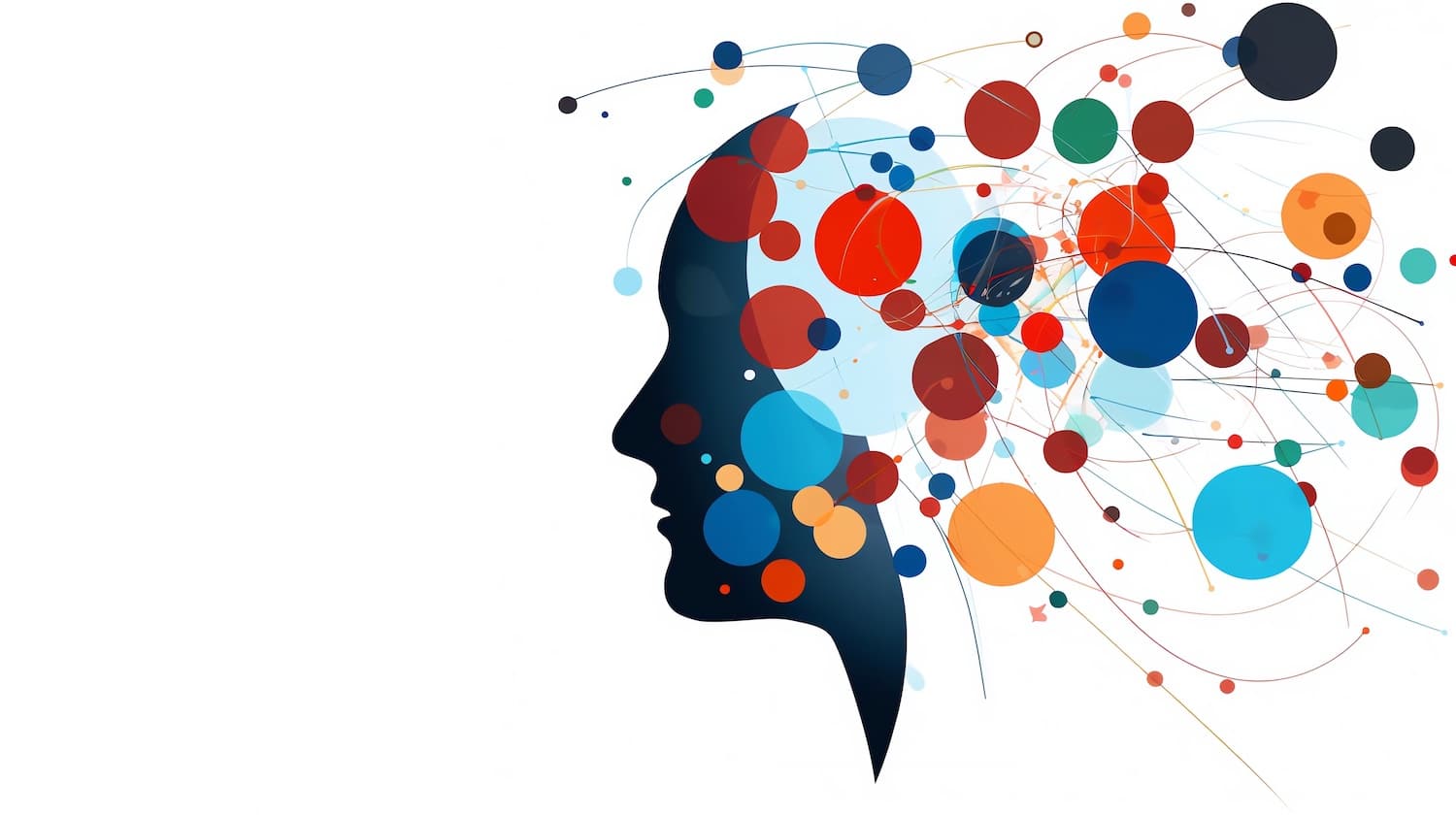It is normal to feel stress, anger, and depression after a traumatic event, such as the recent one in Pittsburgh. After such an event, some people may develop Post-Traumatic Stress Disorder (PTSD). For some, PTSD symptoms may begin later, or may come and go over time. Of those who experience a traumatic event in their lives, 1 in 10 men and 2 in 10 women will develop PTSD. The good news is, PTSD can be treated.
What are the symptoms of PTSD?
After a few weeks or months, most people start to feel better after experiencing trauma. But when symptoms persist and begin causing problems in your daily life, PTSD may be the reason. Each person experiences trauma symptoms differently, and they may not be the same for everyone.
To be diagnosed with PTSD, adults must have all the following for at least one month:
- At least one re-experiencing symptom
- At least one avoidance symptom
- At least two arousal and reactivity symptoms
- At least two cognition and mood symptoms
Re-experiencing symptoms
- Flashbacks—reliving the trauma over and over, including physical symptoms like a racing heart or sweating
- Nightmares
- Frightening thoughts
Unwelcome memories of the event may appear at any moment from someone’s thoughts and feelings and can make it seem as if they are reliving the experience. Words, objects, or situations can also trigger re-experiencing symptom.
Avoidance symptoms
- Avoiding places, events, or people that are reminders of the experience
- Avoiding thoughts or feelings related to the traumatic event
Avoidance symptoms can cause someone to change their routine or avoid certain people or places that can be triggering.
Arousal and reactivity symptoms
- Startling easily
- Feeling tense or increased anxiety
- Having difficulty sleeping, and/or having angry outbursts
Arousal symptoms are usually constant, instead of being triggered, and can lead to increased stress and anger; these symptoms can also make sleeping, eating, and concentrating difficult.
Cognition and mood symptoms
- Trouble remembering details of the traumatic event
- Negative thoughts about oneself or the world
- Distorted feelings like guilt or blame
- Loss of interest in enjoyable activities
Cognition and mood symptoms can begin or worsen after the traumatic event.
It is important to understand that recovering from a traumatic event takes time, but it is possible; here are a few tips to remember:
- Engage in mild physical activity or exercise to help reduce stress
- Set realistic goals for yourself
- Break up large tasks into small ones, set some priorities, and do what you can as you can
- Try to spend time with other people and confide in a trusted friend or relative
- Tell others about things that may trigger symptoms
- Expect your symptoms to improve gradually, not immediately
- Identify and seek out comforting situations, places, and people
If thoughts and feelings from the traumatic event persist, speak to a mental health professional. Treatment options, such as those at Lifeskills South Florida, can help.
Lifeskills South Florida Offers Hope
 It is never too late to get treatment for PTSD, and proper treatment can help alleviate symptoms or help them to be less intense. At Lifeskills South Florida, we treat the full continuum of PTSD, including both simple and complex trauma. Our trauma clinical pathway offers clients a holistic approach with both a female and male trauma track to safely process issues related to their traumatic experience.
It is never too late to get treatment for PTSD, and proper treatment can help alleviate symptoms or help them to be less intense. At Lifeskills South Florida, we treat the full continuum of PTSD, including both simple and complex trauma. Our trauma clinical pathway offers clients a holistic approach with both a female and male trauma track to safely process issues related to their traumatic experience.
While the Lifeskills Trauma clinical pathway involves a variety of interventions, a client’s trauma team will follow a 3-stage approach:
- Stage 1 – Safety and Stabilization: Skill building, learning to cope safely with triggers, intrusive thoughts, flashbacks, nightmares, cravings, and building insight
- Stage 2 – Trauma Processing: Intensive individual therapy using Eye Movement Desensitization and Reprocessing (EMDR), Prolonged Exposure, and/or Cognitive Processing Therapy (CPT)
- Stage 3 – Reintegration: Combination of life skills training and reconnecting to or establishing life’s purpose and meaning
At Lifeskills South Florida, our comprehensive treatment program is designed to meet the unique needs of our clients. Our trauma treatment offers clients a safe space for processing and addressing their traumatic experiences. If you or a loved one needs help, call our admissions team at 954-953-1742 or complete our contact form for more information.




